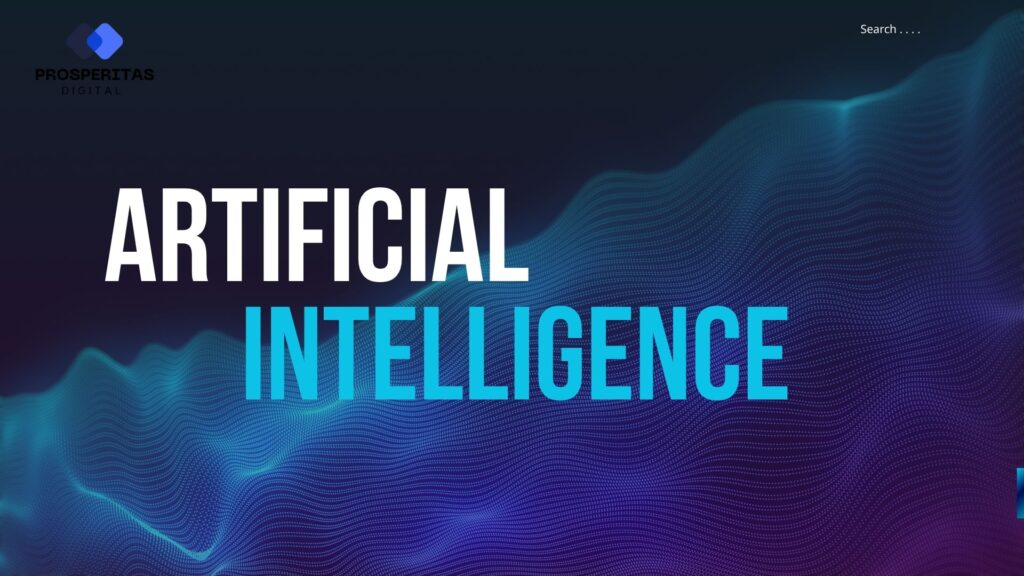
While brand messaging still matters, the traditional way of building trust in Zimbabwe is facing disruption — thanks to artificial intelligence (AI).
AI isn’t just helping businesses in Zimbabwe automate customer service or create marketing content — it’s giving consumers the tools to verify whether a brand is truly trustworthy. As Mike Allton, a digital strategist, puts it: “AI has turned everyone into instant digital investigators.”
This means Zimbabwean companies — from Harare-based service providers to retailers in Bulawayo — can no longer rely solely on polished social media posts or glossy adverts. AI tools can now scan and cross-check a brand’s history, online reviews, public sentiment, and even former employee feedback in real time.
Zimbabwean Businesses Must Face Radical Transparency
According to, a global PR expert, companies that actively use AI for brand monitoring are ahead of the game. “AI helps detect issues early — like poor customer experiences or negative online chatter — so businesses can respond before problems go viral.”
In Zimbabwe, where WhatsApp groups and Facebook pages often serve as community watchdogs, a single post about poor service or unfair pricing can quickly damage a brand. AI tools that monitor local social sentiment can help businesses stay ahead of such threats.
Even more powerful, these tools can analyze voice recordings from call centres or in-person feedback to help frontline staff improve their customer service in real time.
“AI is making reputation something you can see and measure at every step,” Gerald said. “If you’re only managing your image on the surface — with logos and ads — you’ll fall behind. But if your internal culture matches what you promise publicly, and every interaction is professional and respectful, you’ll win trust. And AI will back you up.”
Trust Can Be Built — or Broken — in Seconds
A tech analyst, notes that in the AI age, brand management is no longer about campaigns run every few months. It’s about daily vigilance.
“Every EcoCash delay, every rude cashier, every unanswered message on Instagram becomes part of your digital footprint,” he said. “Your brand isn’t what you say it is — it’s what people are saying on the internet, and AI can find it fast.”
In Zimbabwe, where more people now use AI-enhanced tools like ChatGPT, Bard, or even local bots integrated into WhatsApp and websites, these platforms are quickly learning how to summarize brand reputations in seconds — based on online data.
“Trust used to take years to build,” added a PR expert. “Now it can be checked — and lost — in milliseconds. Every review, post, and employee comment becomes part of your digital trust score.”
But she’s also optimistic: “AI won’t replace human communication experts — it’ll make them even more important. PR in Zimbabwe must shift from reacting to bad news to actively shaping a truthful, strong, and values-driven narrative.”
Zimbabwean Brands Must Monitor How AI “Sees” Them
According to Damian Rollison, a global marketing strategist, companies must now care about how AI tools present their reputation.
In Zimbabwe, that means checking how your business is described when someone searches you on Google, Facebook, or AI bots. Are the reviews on Google Maps, Facebook, or Zimyellow accurate? Are complaints being addressed?
“If a customer complains about a poor experience at your hardware shop in Mutare, and you ignore it, that feedback could be picked up and displayed by AI next time someone asks: ‘Which is the best hardware store in Mutare?’” Rollison said.
“The businesses that reply to complaints with apologies and solutions — and thank happy customers too — will have stronger reputations in the AI age.”
AI Is Forcing Brands to Stay Accountable
Dev Nag, CEO of a tech startup, notes that AI’s memory is long and detailed. “Every broken promise or ethical lapse is stored in digital history and can be pulled up by AI anytime.”
For Zimbabwean companies — whether you’re running a school, fintech, or supermarket — this means accountability is no longer optional. It’s part of your permanent online profile.
Instead of fearing this, businesses can embrace it. Use AI tools to monitor online chatter. Use customer sentiment analysis to spot brewing issues. Celebrate positive reviews and fix mistakes before they go viral.
Final Thought for Zimbabwean Businesses
In today’s fast-moving, AI-powered world, reputation isn’t controlled by your marketing team alone. It’s shaped by every customer you serve and every interaction your team has.
Zimbabwean brands that practice proactive transparency, listen to feedback, and align their internal values with customer expectations will be the ones that thrive — not just because AI lets people see who they really are, but because they have nothing to hide.
